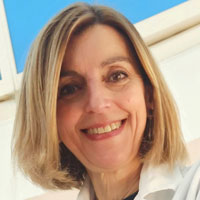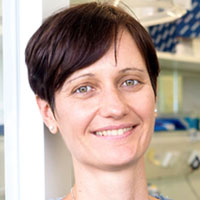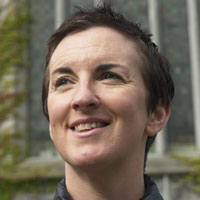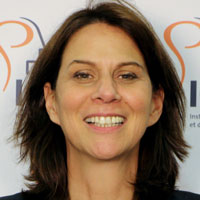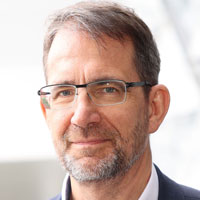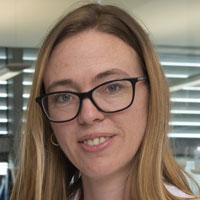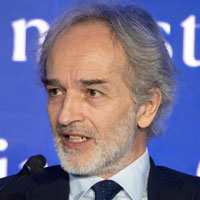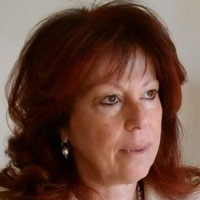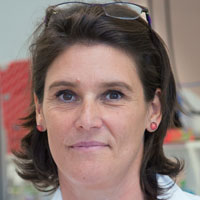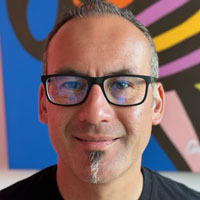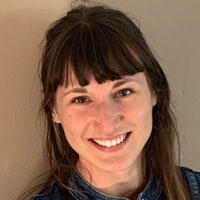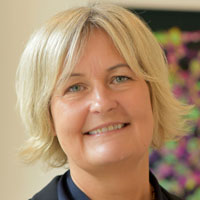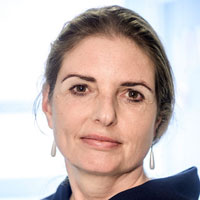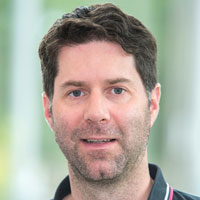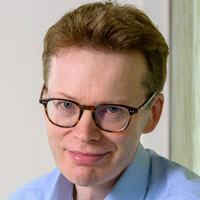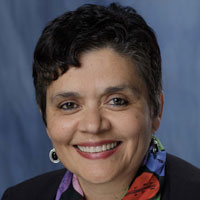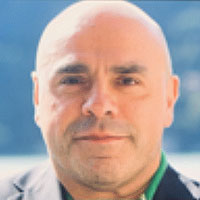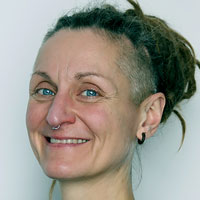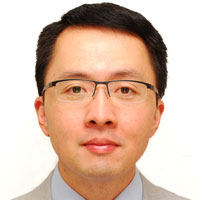 Diagnosed with Parkinson’s in 2012, I am a patient representative on research project steering groups, lay reviewer of grant applications, member of the Edinburgh Research Interest Group, and patient advocate in the EuroGCT project. I have co-authored posters at the World Parkinson Congress 2016, 2019 and 2023, and with Ken Bowler and Bill Wright, published our paper Adventures with Parkinson’s in the Journal of Regenerative Medicine 2017 https://www.futuremedicine.com/doi/10.2217/rme-2017-0030.
Diagnosed with Parkinson’s in 2012, I am a patient representative on research project steering groups, lay reviewer of grant applications, member of the Edinburgh Research Interest Group, and patient advocate in the EuroGCT project. I have co-authored posters at the World Parkinson Congress 2016, 2019 and 2023, and with Ken Bowler and Bill Wright, published our paper Adventures with Parkinson’s in the Journal of Regenerative Medicine 2017 https://www.futuremedicine.com/doi/10.2217/rme-2017-0030.
I am currently working with Joy Milne on the impact of exercise on my Parkinson’s symptoms as measured by Parkinson’s odour stratification.
As a (late-onset) academic I researched the physical environment’s impact on workplace creativity, proposing a visuo-spatial grammar of creative spaces (PhD 2013).
Originally a sculpture student, my portfolio career has included design and manufacture of specialist glasswork (clients included Freddy Mercury and Paul McCartney), an arts centre for amateur painters, a creativity consultancy for corporate clients (including Motorola, Siemens Electronics, NCR), and designing fabriam, a highly successful thinking space in NE England.
I have authored and co-authored peer-reviewed papers, book chapters and conference presentations, and am Principal Editor of BITE: Recipes for remarkable research (2014), and co-editor of its successor EqualBITE: Recipes for Gender Equality in Higher Education (2017) for the University of Edinburgh.
 Diagnosed with Parkinson’s in 2012, I am a patient representative on research project steering groups, lay reviewer of grant applications, member of the Edinburgh Research Interest Group, and patient advocate in the EuroGCT project. I have co-authored posters at the World Parkinson Congress 2016, 2019 and 2023, and with Ken Bowler and Bill Wright, published our paper Adventures with Parkinson’s in the Journal of Regenerative Medicine 2017 https://www.futuremedicine.com/doi/10.2217/rme-2017-0030.
Diagnosed with Parkinson’s in 2012, I am a patient representative on research project steering groups, lay reviewer of grant applications, member of the Edinburgh Research Interest Group, and patient advocate in the EuroGCT project. I have co-authored posters at the World Parkinson Congress 2016, 2019 and 2023, and with Ken Bowler and Bill Wright, published our paper Adventures with Parkinson’s in the Journal of Regenerative Medicine 2017 https://www.futuremedicine.com/doi/10.2217/rme-2017-0030.
I am currently working with Joy Milne on the impact of exercise on my Parkinson’s symptoms as measured by Parkinson’s odour stratification.
As a (late-onset) academic I researched the physical environment’s impact on workplace creativity, proposing a visuo-spatial grammar of creative spaces (PhD 2013).
Originally a sculpture student, my portfolio career has included design and manufacture of specialist glasswork (clients included Freddy Mercury and Paul McCartney), an arts centre for amateur painters, a creativity consultancy for corporate clients (including Motorola, Siemens Electronics, NCR), and designing fabriam, a highly successful thinking space in NE England.
I have authored and co-authored peer-reviewed papers, book chapters and conference presentations, and am Principal Editor of BITE: Recipes for remarkable research (2014), and co-editor of its successor EqualBITE: Recipes for Gender Equality in Higher Education (2017) for the University of Edinburgh.



